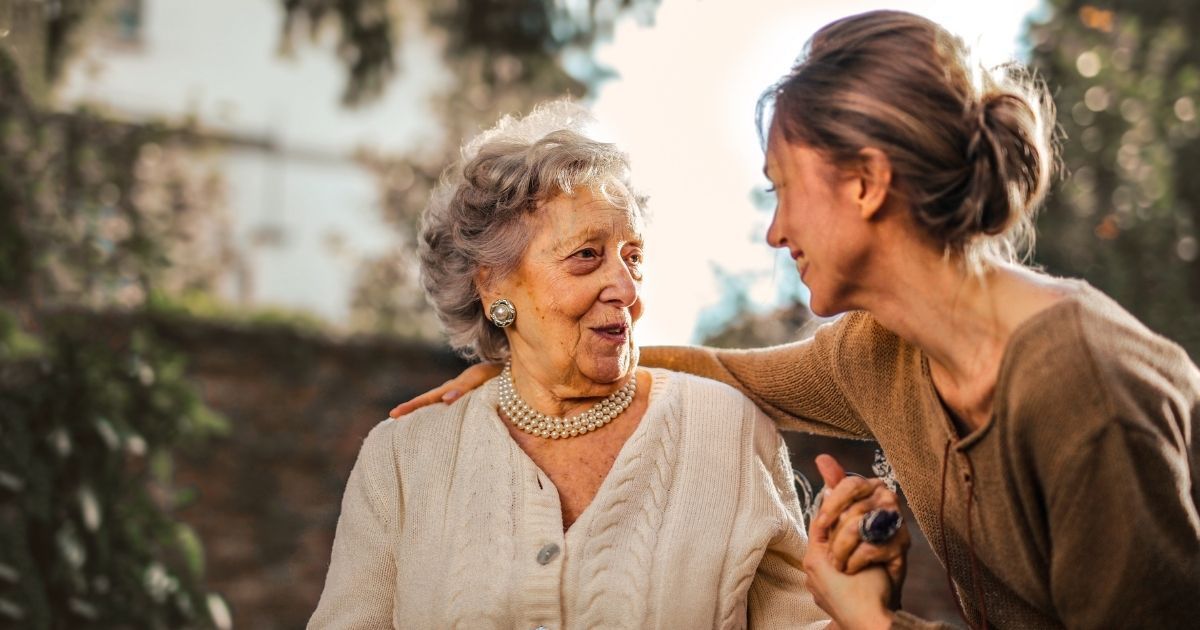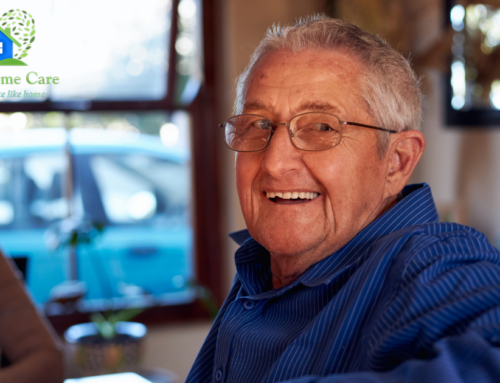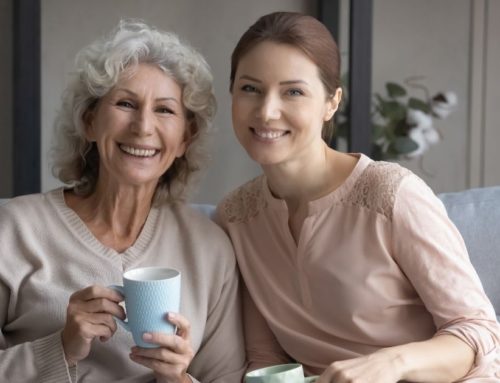Your elderly mom has lived by herself at home ever since your dad passed away several years ago. And although she loves the freedom and independence aging in place affords her, lately, you’ve noticed that living alone has become a challenge due to her deteriorating health.
For example, mom’s appearance isn’t being kept up in the same polished manner as before, and she’s having trouble negotiating stairs. Her memory lapses have also become more frequent, to the point her safety and wellbeing are beginning to concern you.
You’re contemplating asking her to move into your home so that you can monitor her activities and provide care when needed. But caring for an aging parent in your home presents its own unique set of challenges which you will need to carefully consider first.
Impact on Family Dynamics
In most households today, both parents work outside the home. So, question number one when considering moving a senior into your home is: Who will be around to assist them?
Next, come multigenerational privacy and space concerns, notably if you have kids living in the house. What teenager wants to look up from their laptop to find grandma staring at them through their bedroom doorway?
First, sit down with your spouse and kids to discuss what moving mom or dad in will mean, including family dynamic changes like:
- Personal hygiene. You’ll have to balance your parent’s modesty needs with care. In some instances, it may be better to hire an outside caregiver for these activities if they aren’t comfortable having you help them bathe, toilet, and dress.
- Special dietary requirements. Seniors have unique daily nutritional needs that younger individuals don’t. You’ll need to shop for and prepare foods that meet those requirements.
- Transportation. Developing a game plan for getting mom or dad to their doctors’ appointments and other engagements is key. The more drivers in your home, the better.
- Room availability. Will moving mom or dad into your home mean that your kids will have to share a room for the first time? Discuss the proposed living arrangements first to ensure everyone is on board.
- Alone time for you and your spouse. Sharing a home with an elderly grown-up can oftentimes place a strain on your marriage. Schedule quality time together on a regular basis to keep your relationship strong. Have the kids occasionally watch grandma while you go out for dinner and a movie. They’ll probably enjoy hearing about “the old days” while learning tidbits about your childhood!
Preparing Your Home
The next consideration when moving an aging adult into your home is adapting it to their living needs. Balance and strength diminish with age, and the average home, especially with kids, can present numerous trip hazards. And, those safety concerns are exacerbated by a condition like dementia. Here are some home updates you may need to do:
Kitchen
Remove slippery throw rugs and other floor-level trip hazards. Retrofit your faucets with non-scalding devices. Place shut-off timers on your stove, and position food items and cookware within easy reach of your parent. If your parent has dementia, lock up sharp cutlery and other potentially-dangerous kitchen devices.
Bathroom
Install a walk-in shower with a non-skid surface. You may need to also put in safety bars for the shower and toilet, and a raised toilet seat. Shower and vanity faucets with non-scalding features are also good. If dementia is a concern, lock up your sharp objects and medications. Remove any throw rugs that present a threat.
Their bedroom
Remove locks from their bedroom door and any furniture that could be hazardous like chairs on rollers. Make sure the bed is easy to get on and off, and that the doorway is wide enough if they use a wheelchair or walker. Remove any large mirrors if they have dementia, and place a lock on all windows to keep them from climbing out. It’s not a bad idea to keep a monitor in their room, with the other unit on your bedroom nightstand.
Other home areas
Eliminate trip hazards throughout the home, and install adequate lighting- notably in hallways and above stairs. Add handrails along with all steps, including ones to your backyard, and ensure all doorways and walkways are wide enough for their needs. Replace raised thresholds with flush ones, and if dementia is a factor lock up any hazardous chemicals, cleaners, and sharp objects including tools. If you have small children, always keep their toys out of foot traffic areas.
We Can Help With Caring for The Needs of Your Aging Parent
Moving an aging parent into your home, and caring for them, presents a unique set of challenges for you and your family. There may be privacy and modesty concerns that require hiring an outside caregiver to assist your mom or dad. If they have a serious medical condition you won’t want to leave them alone during the day.
That’s when a reliable caregiver from Elder Home Care can step in and provide your senior loved ones with the nurturing and watchful eye they deserve. From assistance with daily activities like meals, transportation, personal hygiene, and companionship, to more intensive, 24-hour live-in at-home care, we have family-trusted services that will put your mind at ease.
All our caregivers are well-trained, highly qualified, and carefully selected. Our services can be flexibly-tailored to deliver care when you need it most. To learn more about our affordable and dependable in-home senior care solutions for families in Nassau and Suffolk Counties, including Smithtown, Huntington, and Queens areas of New York as well as in Doylestown, Jenkintown and the surrounding suburbs of Philadelphia, please visit www.ehcus.com.








